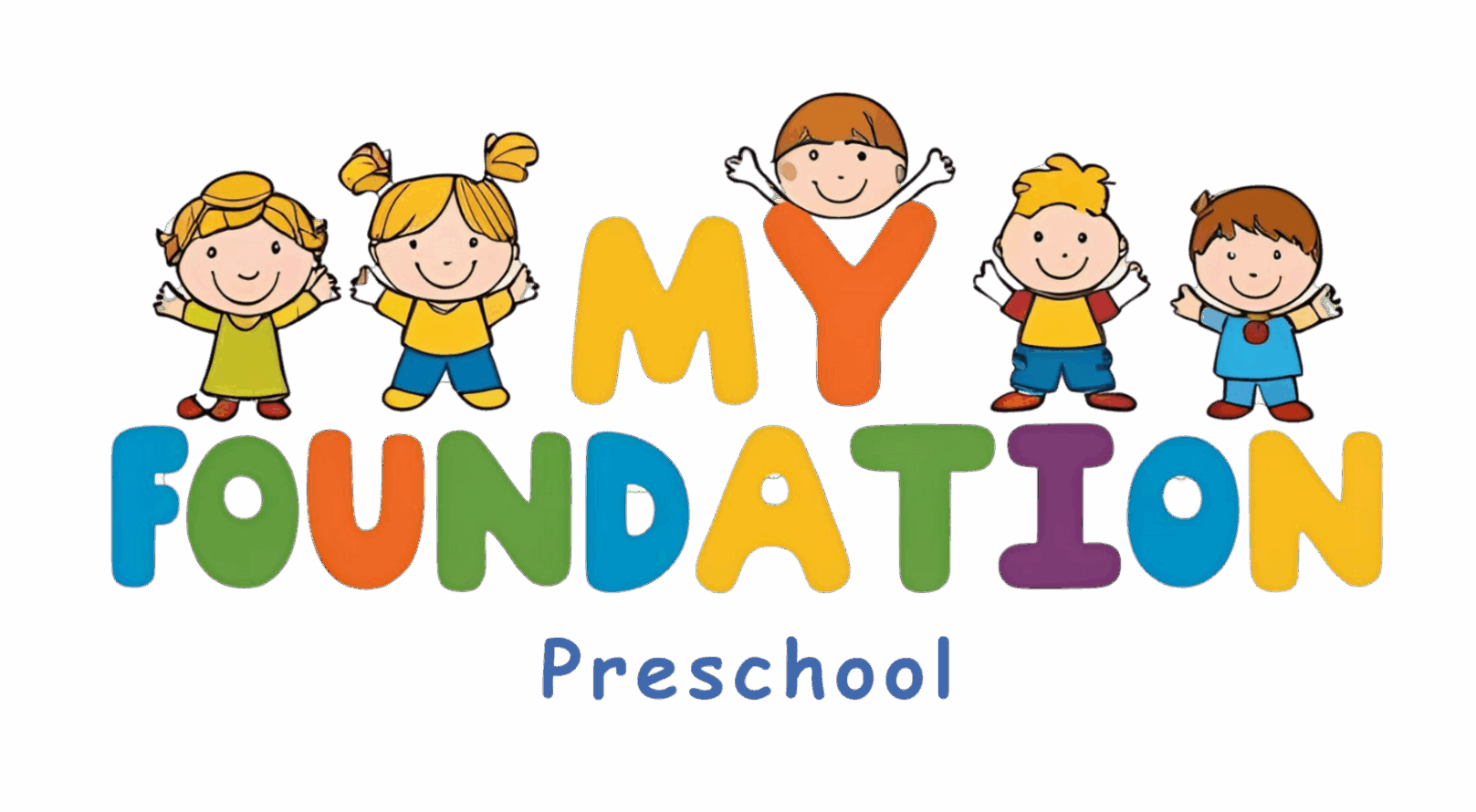5 Ways an EYFS Preschool Prepares Your Child for Big School

Starting “big school” is a major milestone for both children and parents. The transition can feel overwhelming, but a high-quality Early Years Foundation Stage (EYFS) preschool plays a crucial role in preparing your child for this next step. The EYFS framework focuses on holistic development, ensuring children gain the skills, confidence, and independence they need to thrive in primary school.
- 1. Develops Social & Emotional Skills
- 2. Builds Independence & Self-Help Skills
- 3. Strengthens Communication & Language
- 4. Introduces Structure & Routine
- 5. Lays the Foundation for Academic Learning
1. Develops Social & Emotional Skills
One of the biggest challenges for children starting school is adapting to a new social environment. EYFS preschools encourage:
Teamwork – Group activities teach sharing and cooperation.
Emotional regulation – Children learn to manage feelings and frustrations.
Confidence – Positive reinforcement helps them express themselves.
These skills make it easier for children to form friendships and engage in classroom discussions at big school.
2. Builds Independence & Self-Help Skills
Primary school requires children to be more self-sufficient. EYFS settings promote independence by:
Encouraging children to tidy up, put on their coats, and manage personal belongings.
Teaching basic hygiene, like handwashing and using the toilet alone.
Allowing them to make simple choices (e.g., selecting activities).
This fosters a sense of responsibility, reducing reliance on teachers for small tasks.
3. Strengthens Communication & Language
Strong language skills are essential for learning in primary school. EYFS preschools enhance communication through:
Storytelling & discussions – Boosting vocabulary and listening skills.
Phonics activities – Introducing early reading and sound recognition.
Role-play & show-and-tell – Building confidence in speaking.
Children who engage in rich language experiences adapt more easily to reading and writing expectations in Reception.
4. Introduces Structure & Routine
Big school has a more structured day than preschool, but EYFS helps bridge the gap by:
Following a predictable daily routine (circle time, snack time, outdoor play).
Teaching children to follow instructions and transitions between activities.
Gradually increasing focus time to prepare for longer classroom sessions.
Familiarity with structure helps children settle into school life with less anxiety.
5. Lays the Foundation for Academic Learning
While EYFS is play-based, it subtly introduces key academic concepts:
Early maths – Counting, shapes, and simple problem-solving.
Literacy – Letter recognition, mark-making, and storytelling.
Science & exploration – Nature walks, sensory play, and simple experiments.
This playful learning ensures children develop curiosity and foundational skills without feeling pressured.
Final Thoughts
An EYFS preschool does more than just keep children engaged—it equips them with the social, emotional, and academic tools needed for a smooth transition to big school. By fostering independence, communication, and a love for learning, your child will step into Reception with confidence and readiness.
Did your child attend an EYFS preschool? Share your experiences in the comments!
